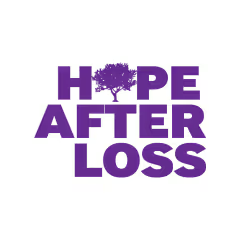Articles & Resources
Explore articles and resources designed to bring encouragement, insight, and hope for every step of the recovery journey.
Anchored in Hope | Bible Reading Plan
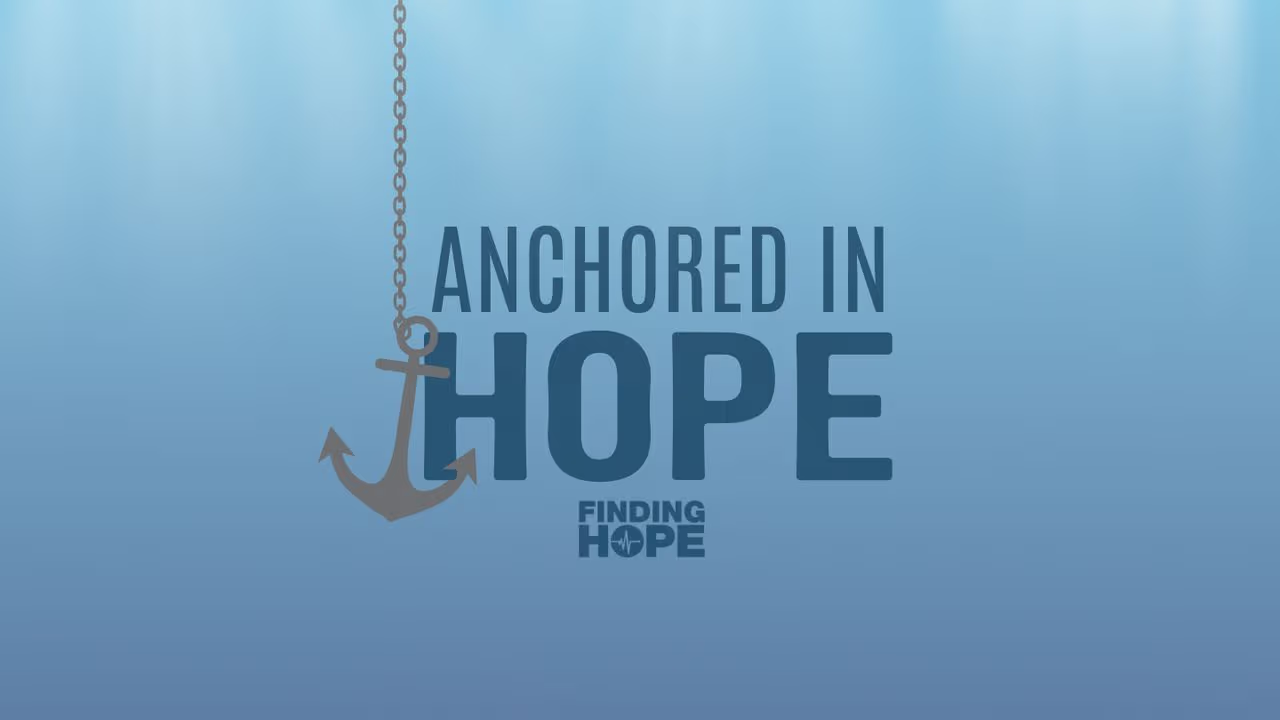
Anchored in Hope: Help for Loving Someone in Addiction
Loving someone who is in active addiction can feel overwhelming. How can you love someone well while also caring for yourself? You must be anchored in hope. In this reading plan from Finding Hope, Amy LaRue speaks from experience and from the heart to help you love well and find your anchor in the hope that God brings.
Start the plan here: Anchored in Hope: Help for Loving Someone in Addiction
Will Treatment Fix My Loved One?
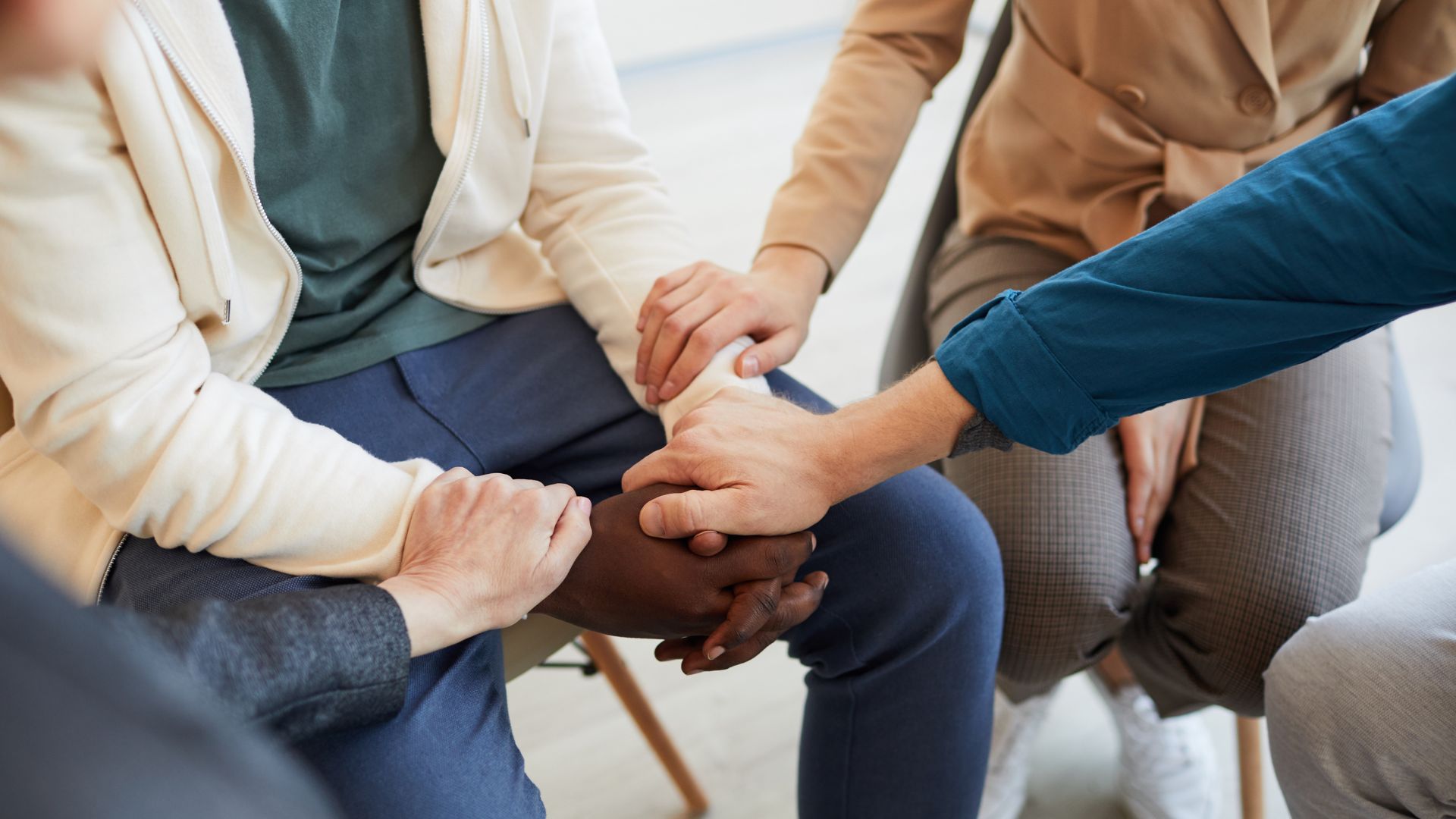
Will Treatment Fix My Loved One?
I will never forget the day I dropped my husband off at treatment, and the young man working asked me, “How many times has your husband been to treatment?” I probably looked like a deer in headlights... “How many times?” I had the mindset that treatment would fix him once and for all. After all, that’s what drug and alcohol addiction treatment is for, right?
Maybe you have felt that same way when your loved one started counseling, went to rehab, or moved into a sober living home. But as I have learned over the years, this will be a lifelong journey — not only for my husband but also for me.
Some of you may not like to read those words, just like I didn’t like to be asked, “How many times has your husband been to treatment?” But hear my heart: I truly thought that treatment would fix my husband, and that we would get back to the way our lives were before addiction took over. But the reality is, addiction will always be a part of our family, and life always will and does look different.
When I came to that realization, I gave myself permission to grieve. In my case, I needed to grieve what I thought our family would look like and what we would be doing. You may need to grieve something entirely differently, but hear this: You are in a position where grief is normal and expected.
Have you given yourself permission to grieve? You might not be at the place of acceptance, and that is okay, but I want to ask you a simple question: Do you want your loved one’s recovery more than they do? Are you doing everything possible to encourage them to seek treatment? How much of your time, energy, and money has been spent on pushing treatment on them? How much has been spent on yourself and your own well-being? What if you used all that energy for your own recovery and support? Could you find yourself again?
My husband has only gone to treatment one time, and yes, he had one relapse, but I truly believe he went to treatment for HIM and not me, our kids, his mom, his dad, or anyone else. He went because he was ready to do it for himself.
Next time you feel the urge to push your loved one toward treatment, focus that energy on your own recovery and allow yourself to grieve.
“My eye grows dim through sorrow. Every day I call upon you, O LORD; I spread out my hands to you.” Psalm 88:9 ESV
With hope,
Amy LaRue, Director of Family Support Groups
For more information, visit:
The Healing Center is Open!
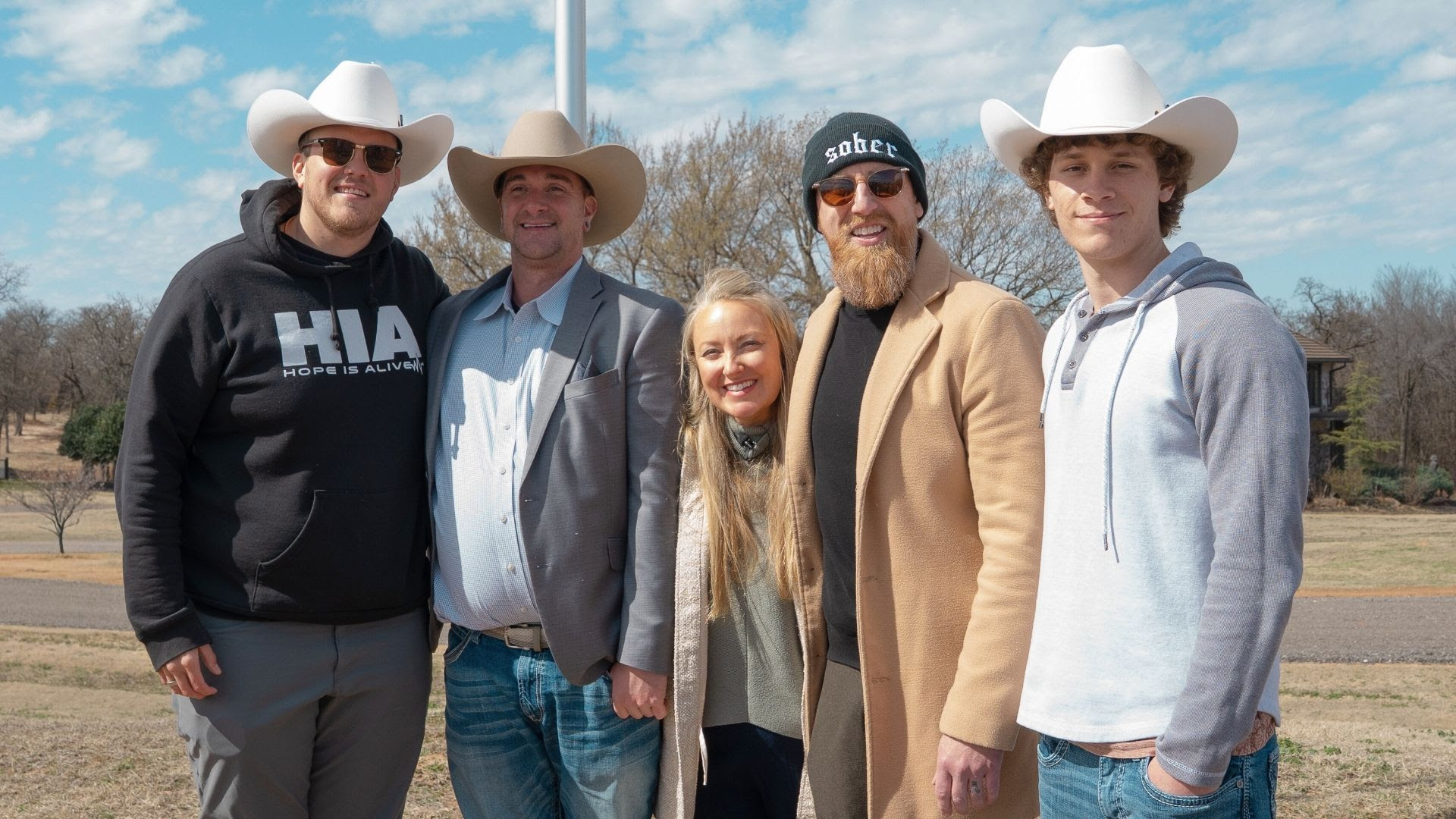
The Healing Center is Open!
Praise God, two years of hard work, and lots of prayer… we made it! The Healing Center is OPEN and accepting residents!
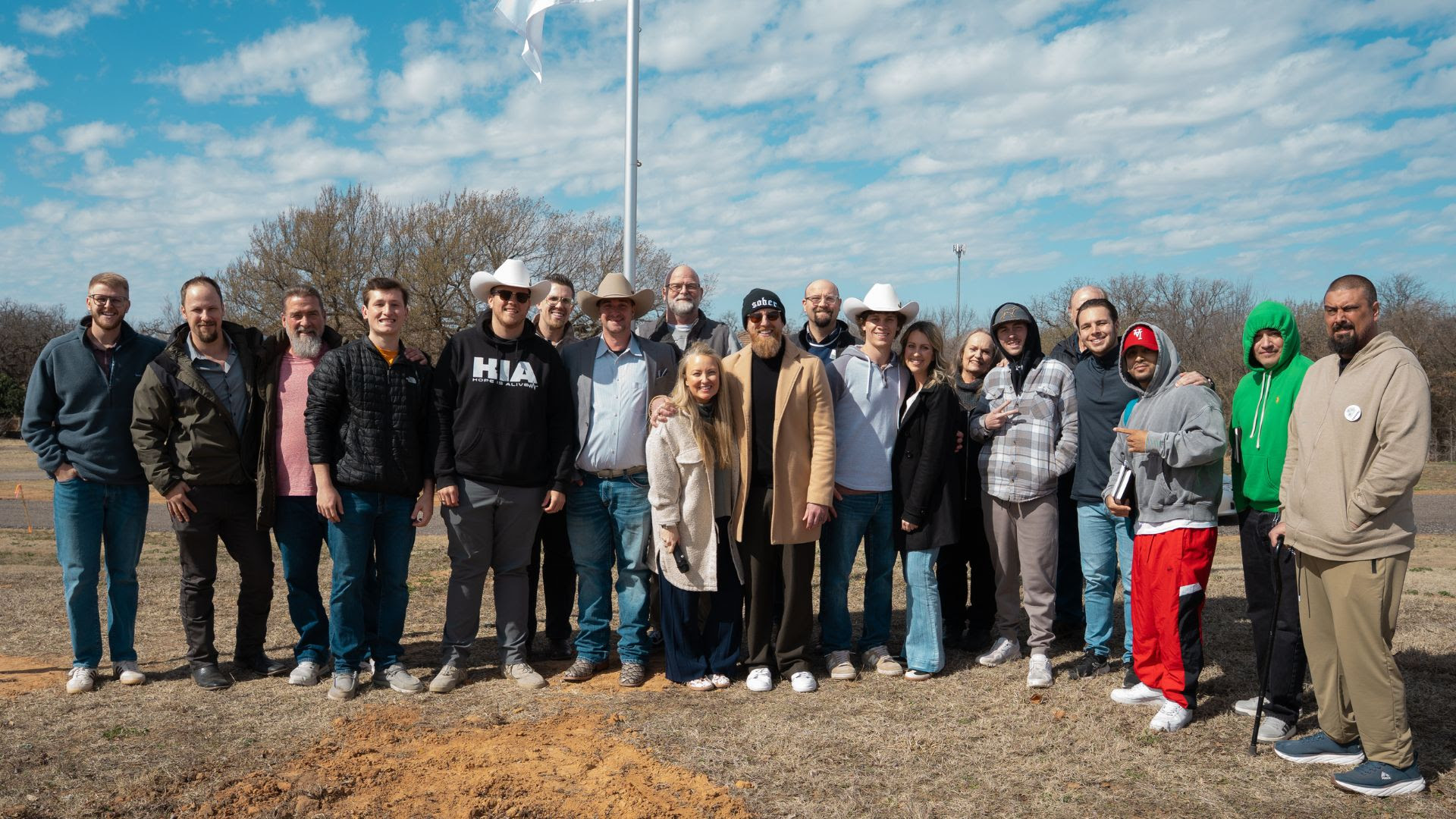
Nestled on 75 peaceful acres just outside Oklahoma City, The Healing Center is our groundbreaking addiction recovery retreat designed to serve men and women in the earliest and most critical stages of recovery.
The Healing Center goes beyond managing addiction, offering full-circle care through a Christ-centered approach that addresses mind, body, and spirit.

Our first phase is dedicated to men in recovery, and we have already welcomed our first residents — three of whom have already graduated — into a place intentionally created for them to live, heal, and grow.

Each day, they are given meaningful opportunities for real and lasting transformation through our five core principles: biblical community, complete self, nutritional transformation, spiritual freedom, and divine purpose.
Through this foundation, they are being prepared to transition into our Hope is Alive recovery homes, where they will learn to thrive in long-term recovery.

Our vision for The Healing Center is massive: We dream of a future women’s center, a family retreat center, and so much more. We dream of a place where men, women, and families can heal from the wounds of addiction.
Join us in making this vision a reality. Hope is alive and recovery is possible.
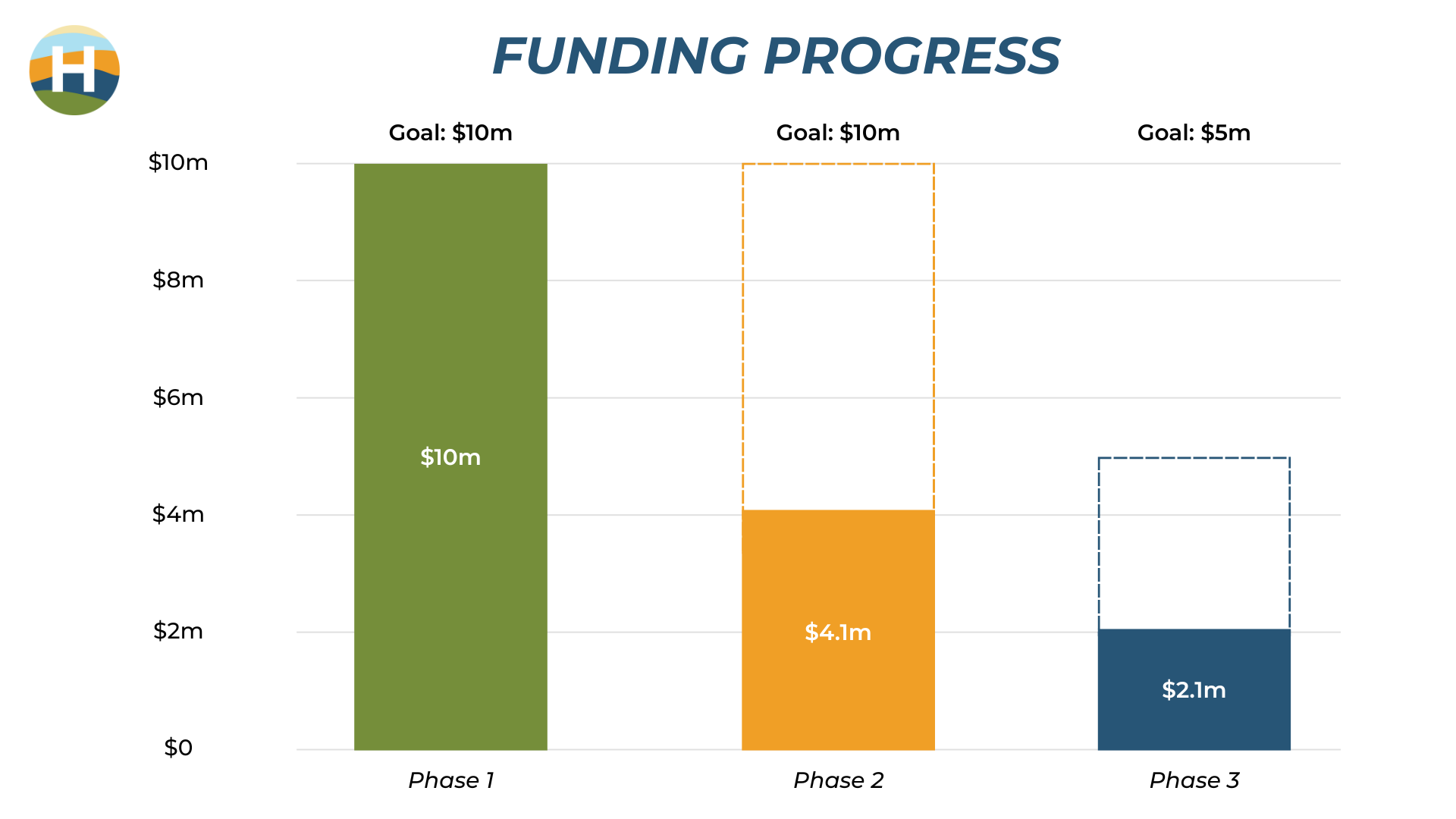
Hope for Those Loving a Substance User
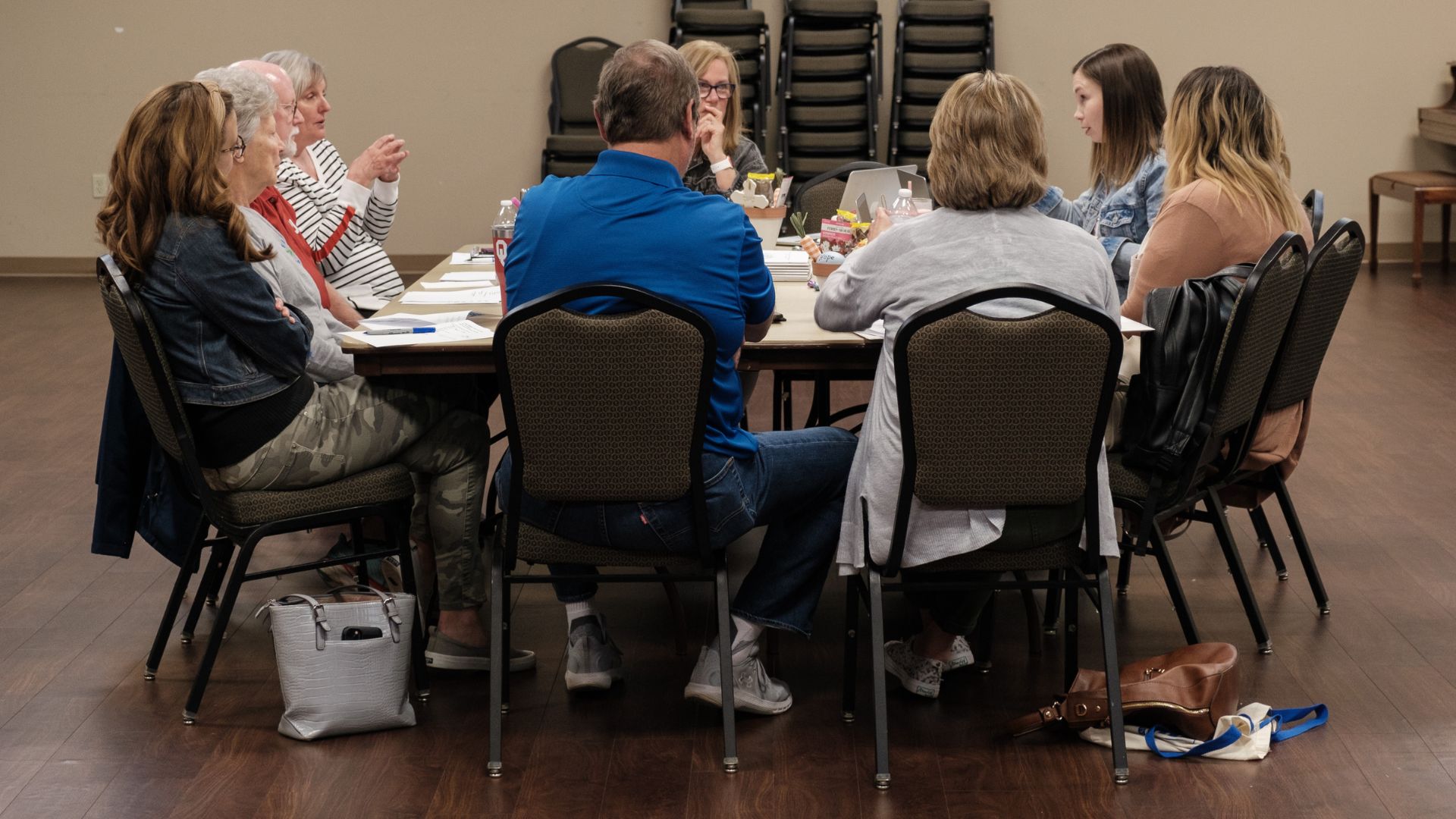
Hope for Those Loving a Substance User
“Behold, I will bring to it health and healing…” Jeremiah 33:6
For a long time, I believed healing applied only to the addict in my life. I prayed for sobriety and change, assuming that if he was healed, everything else would fall into place. What I didn’t yet understand was this: God was just as invested in my healing, too.
God doesn’t offer partial healing. He brings health, peace, and restoration not only to individuals but also to families and wounded hearts.
Understanding Addiction & Codependency
Addiction is an uncontrolled compulsion to continue using a substance or behavior despite negative consequences.
Codependency is an excessive emotional or psychological reliance on another person — often someone struggling with addiction.
I could clearly see addiction in my loved one, but I struggled to see codependency in myself. I thought loving harder, fixing more, and sacrificing myself was faithfulness. Over time, I realized I was losing my peace, my identity, and my emotional health.
Parallel Pain: Two Sides of the Same Struggle
Through experience and research, we’ve learned something powerful: substance abusers and codependents often share the same root pain — expressed through different behaviors.
- Substance abusers look to a substance; codependents look to a person. Both give their power away.
- Substance abusers depend on substances; codependents depend on relationships. Both crave love and acceptance.
- Both avoid hard decisions, neglect self-care, lose identity, and become emotionally exhausted.
- Substance abusers numb pain with substances; codependents numb pain with control, fixing, and self-neglect.
- Different behaviors. Same desperation.
Shared Emotions
Common Feelings Among Loved Ones: guilt, shame, anger, loneliness, anxiety
Common Feelings Among Addicts: guilt, shame, anger, fear, hopelessness
Seeing these parallels doesn’t excuse behavior, but it does create understanding, compassion, and clarity.
“Recovery is an ongoing process, for both the addict and his or her family. In recovery, there is hope.” —Dean Dauphinais
Understanding isn’t about blame — it’s about healing. Your healing matters. God is restoring hearts, identities, and families.
You are not alone — and hope is real.
With hope,
Darcie Stephens, Finding Hope Coordinator
For more information, visit:
Poison or Peace: Quieting Anxiety | Bible Reading Plan
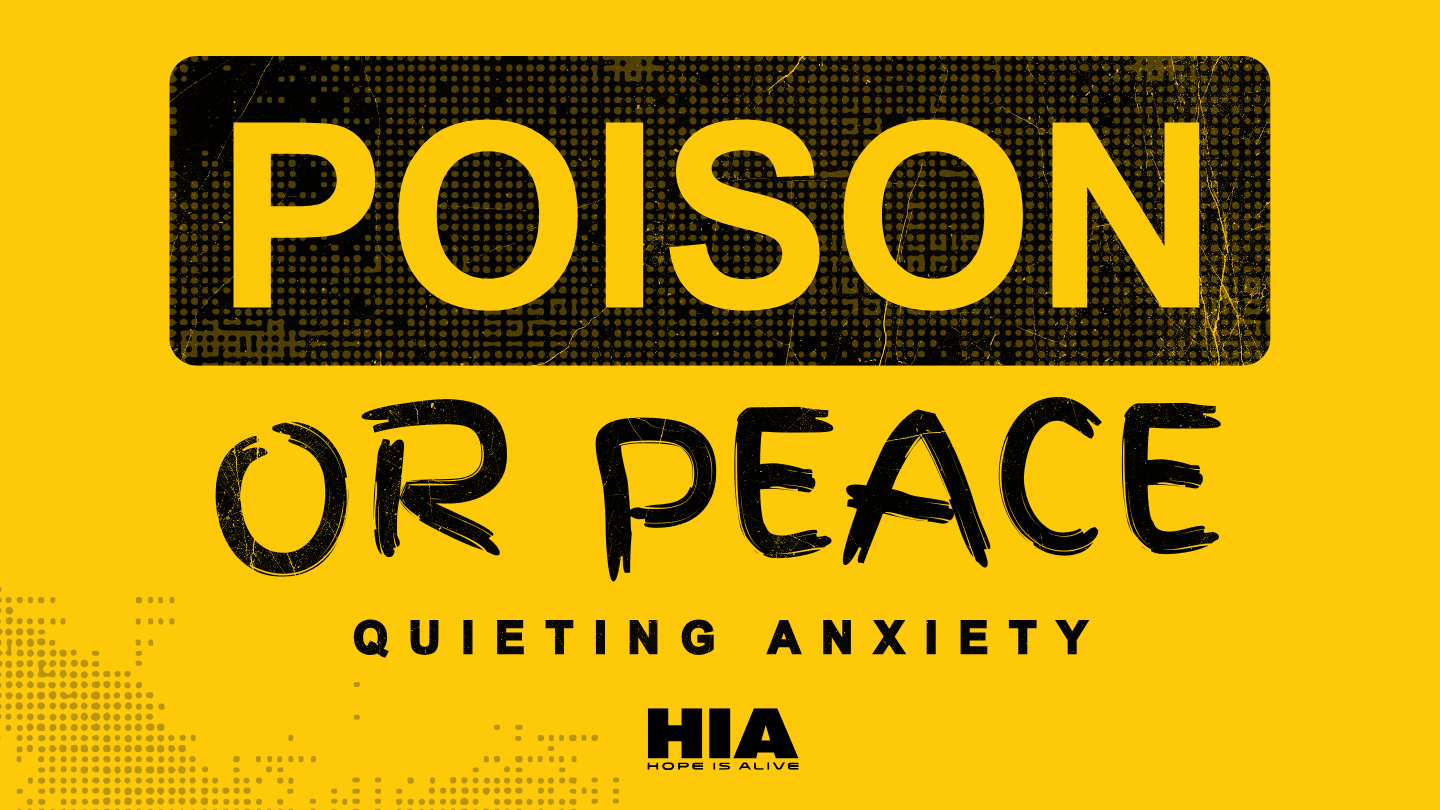
Poison or Peace: Quieting Anxiety
If you’ve ever felt trapped by anxiety or found yourself reaching for quick fixes that only make things worse, this plan is for you. This four-day devotional explores what it means to stop running to the things that numb our pain and start running to the God who heals it. Through real stories of fear and panic, you’ll discover that Jesus doesn’t just calm the storm around you, He brings peace to the storm within you.
Start the plan here: Poison or Peace: Quieting Anxiety
Feeling Loved After Losing a Loved One to Addiction
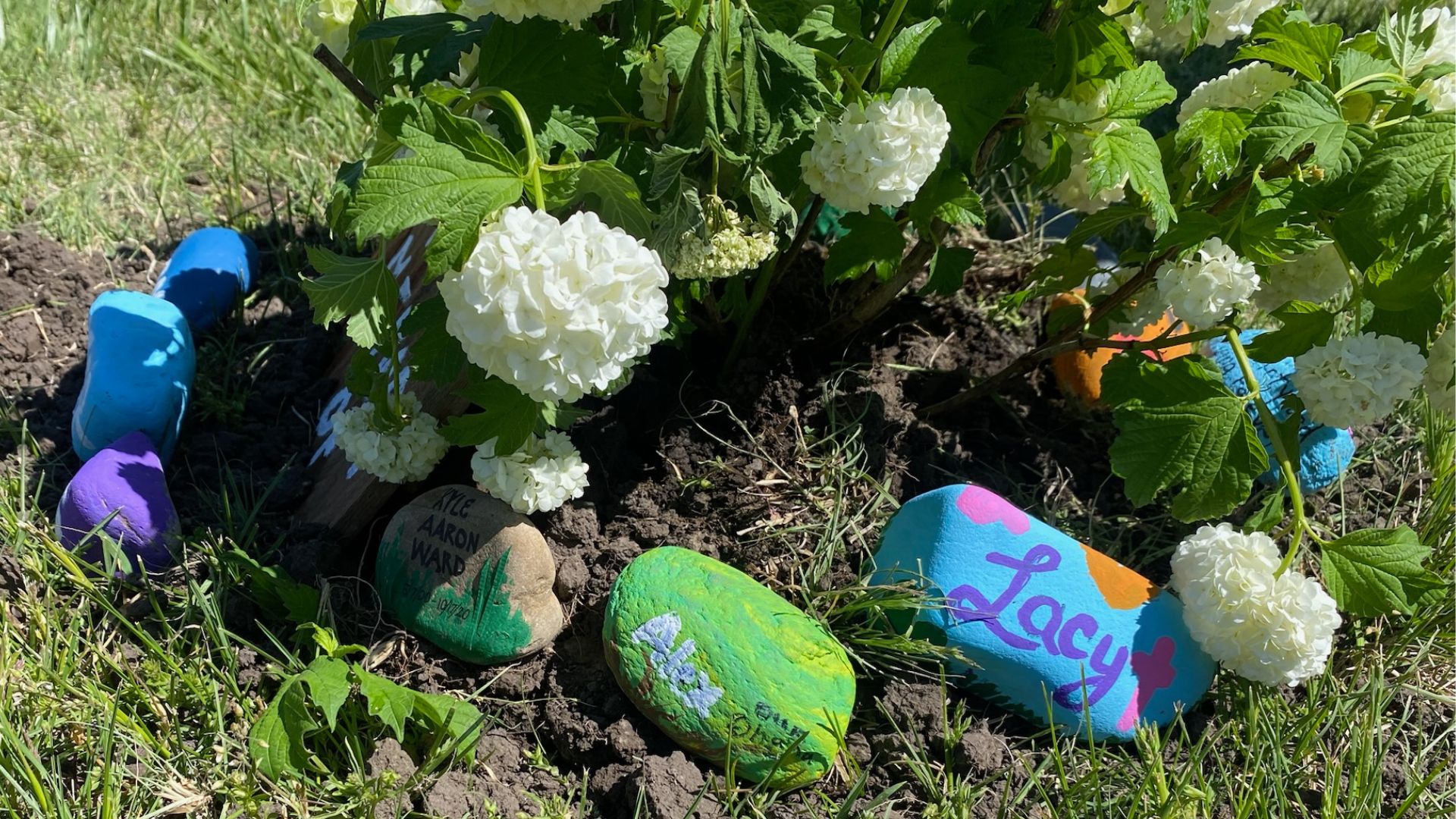
Feeling Loved After Losing a Loved One to Addiction
February is the month that most of us will celebrate Valentine’s Day. If you are in a committed relationship, this special day may bring surprises, special dinners, gifts, and other creative ways to celebrate your loved one!
It’s usually a day filled with joy. But we as grievers may not feel the same toward LOVE that we once did, especially if our grief comes from losing a loved one to addiction. In my early years of grief, I struggled to be able to feel happiness and joy in the same way I did when I had my daughter with me, physically.
Honestly, it was hard to walk through each day and find beauty or a reason to celebrate anything. There wasn’t any anticipation of the future and what it would bring. There was only one thing that I could feel, and that was the closeness of God through the Holy Spirit. I found God in the people who were nurturing and ministering to me through the abundance of love they had in their hearts. It was incredible how much love they had for me and my daughter, Lacy.
Eventually, I started feeling a calling inside that God wanted me to have that type of love. The kind you can continuously give repeatedly and never run out of. The kind of love that can only be manifested in knowing God and walking in His truth.
In 1 Cor. 13:13 it says, “Three things that will last forever — Faith, Hope & Love — the greatest of these is Love.”
Love gives the power to change the way someone feels. By giving others what God has already given us, we have the opportunity daily to transform what is going on in another person’s life. Something as simple as a kind word can change how someone feels because it interrupts what’s happening inside of them — emotionally, mentally, and even physically. It reminds them that they’re not invisible.
When I lived in Tennessee, a lot of people — mostly women — were so generous with kind words that I remember feeling a little uncomfortable at first. But once I got used to it, I enjoyed being called “Sweetie, Darling, Precious, Sugar, and Honey!”
When you’re stressed or hurting, your thoughts often turn harsh and negative. A kind word can override that noise and give your mind something gentler to repeat instead. It lowers the emotional tension in the body. Kindness isn’t just emotional — it’s physical. Warm words can slow your breathing, ease tight shoulders, and calm the nervous system. You literally feel lighter. It restores hope in small but real ways.
A single sentence — “You’re doing better than you think” or “I’m glad you’re here” — can reopen the door to hope when it feels closed. Kind words don’t erase pain, but they give you enough footing to take the next step. And sometimes that’s all you need. Scripture puts it plainly: “Anxiety weighs down the heart, but a kind word cheers it up.” Proverbs 12:25
And here’s the part people often miss: kind words work just as powerfully when you speak them to yourself. The way you talk to yourself today will shape how you feel tomorrow. If you are struggling to find love and purpose in this world.
Remember these few things:
1. You can speak life-changing words to yourself and to the people that you encounter today.
2. You can practice giving to others what you are seeking for yourself.
3. If you need to feel loved today, God is there for you if you earnestly seek him. He can be your source of encouragement.
“You will seek Me and find Me when you seek Me with all your heart.” Jeremiah 29:13.
With hope,
Rhonda Kemp, Lacy’s Mom
For more information, visit:
Don't wait to join a faith-based support group for loved ones of addicts and alcoholics! Hope and healing are waiting for you!
Finding Hope Podcast: Lesli Baker's Story of Hope
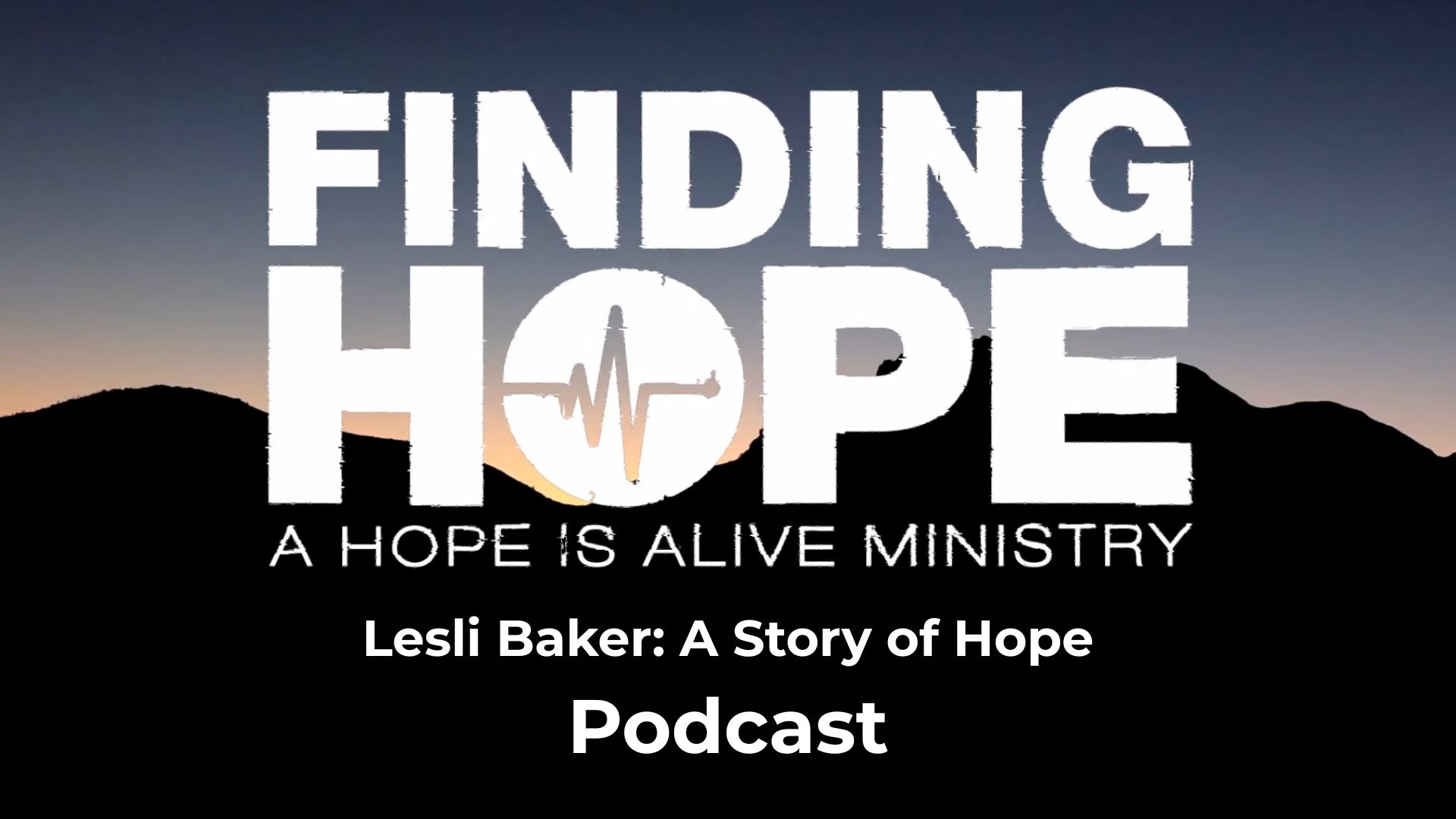
In this episode, host Amy LaRue is joined by Finding Hope member Lesli Baker. After marrying her husband, he found sobriety, and Lesli believed he was “fixed.” But when she got COVID and lost her sense of smell, their world shifted, and her husband began drinking again. Searching everywhere for answers and support, Lesli eventually found connection and community through Hope is Alive and Finding Hope.
Today, Lesli and her husband are each walking their own paths of recovery —learning, healing, and holding onto hope in the middle of it all.
Whether you love someone battling addiction or are navigating your own recovery journey, Lesli’s story is a reminder that setbacks are not the end of the story.
There is HOPE!
For more information, visit:
Hope is Alive: Our 300th Graduate Proves It
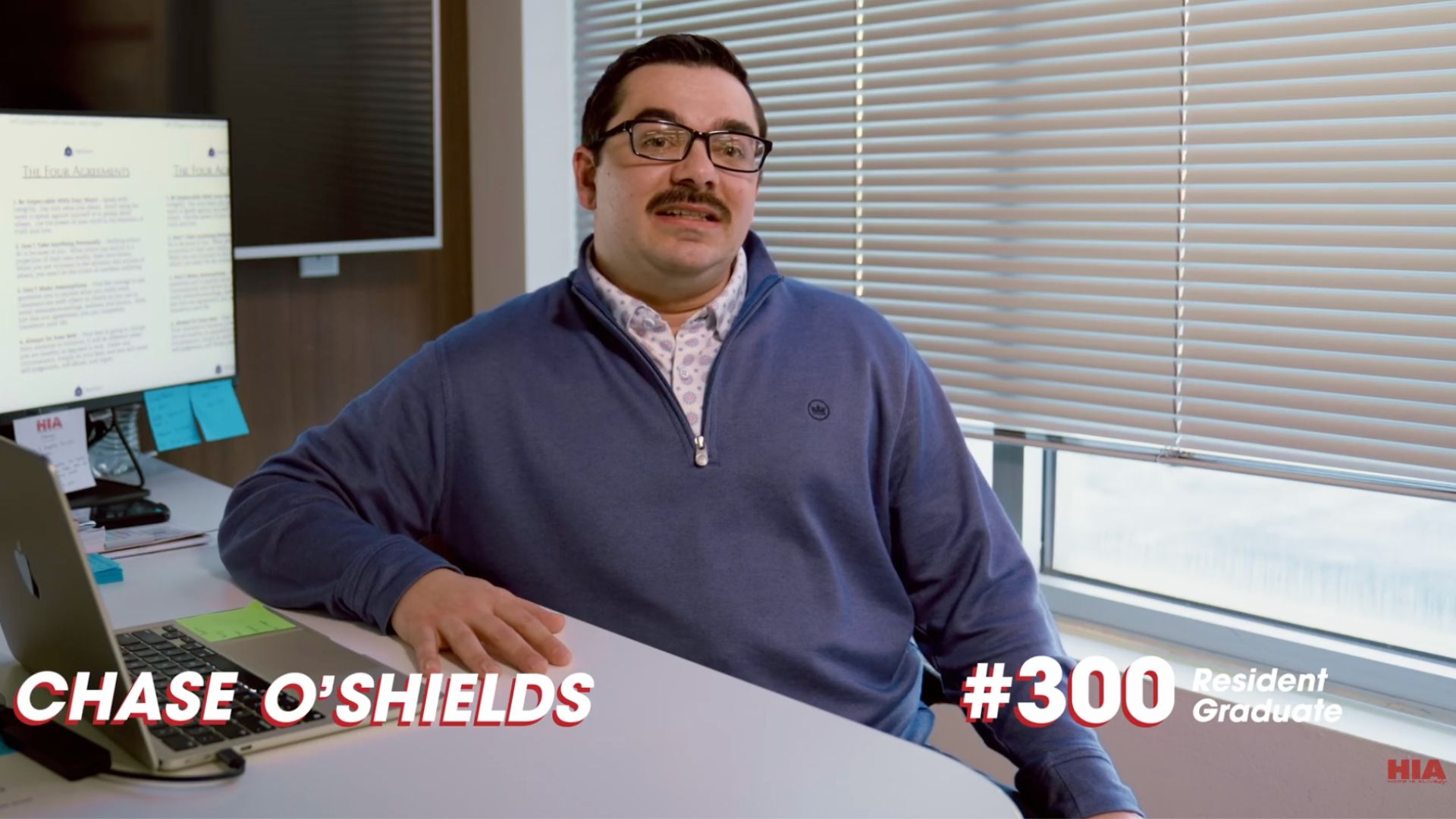
Hope is Alive: Our 300th Graduate Proves It
Hope is Alive recently celebrated the life transformation of the program’s 300th graduate, Chase O’Shields (pictured second from left).
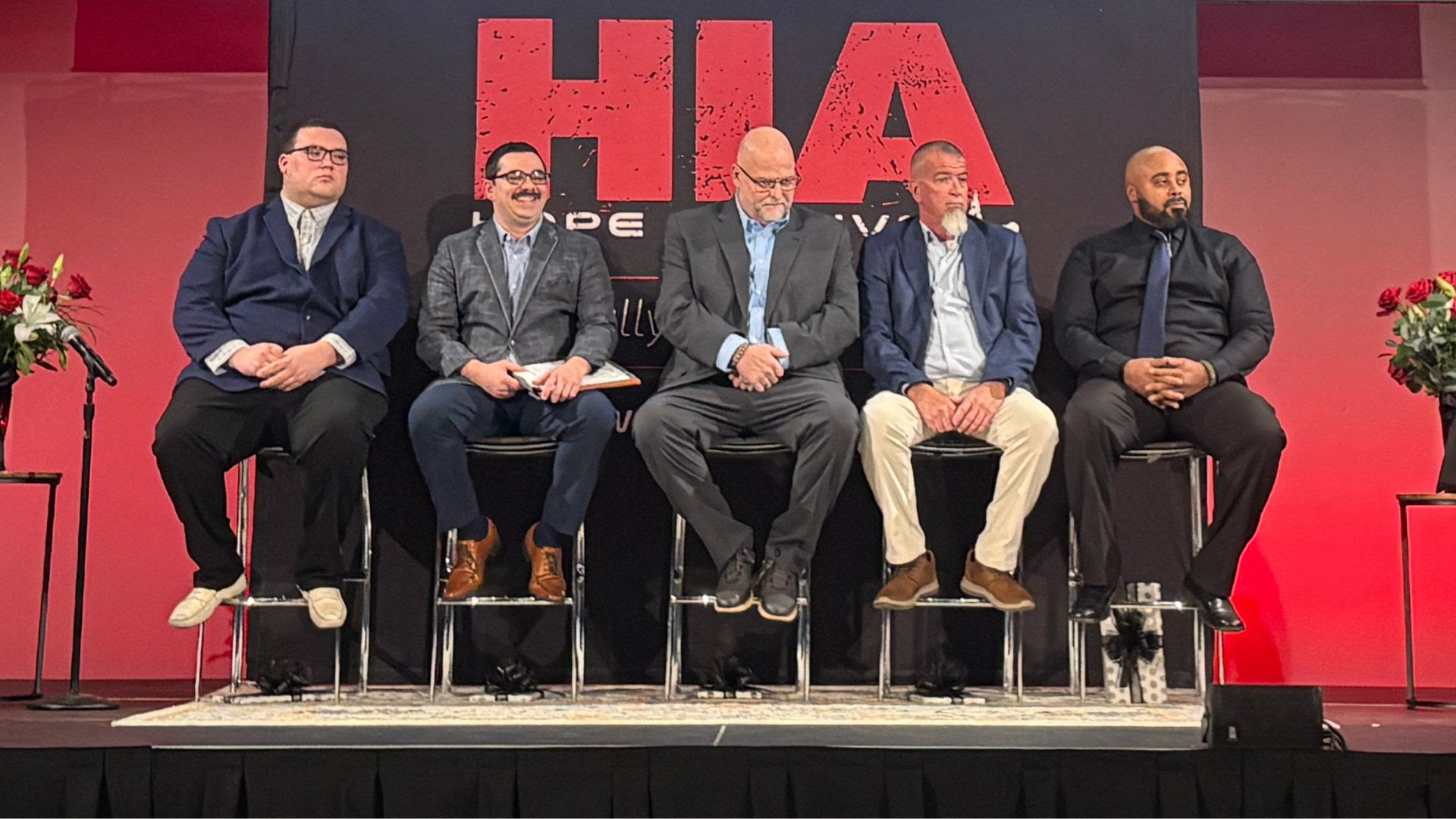
“If you give all you’ve got to this program, you won’t recognize your life when you graduate.”
This is our promise to residents in our program. And for graduate Chase O’Shields, this promise is no longer just a hope for the future — it’s his reality.
Watch the video below to hear from Chase!
We help with substance abuse! Reach out today to see how we can help you!
Beauty from Ashes | Bible Reading Plan
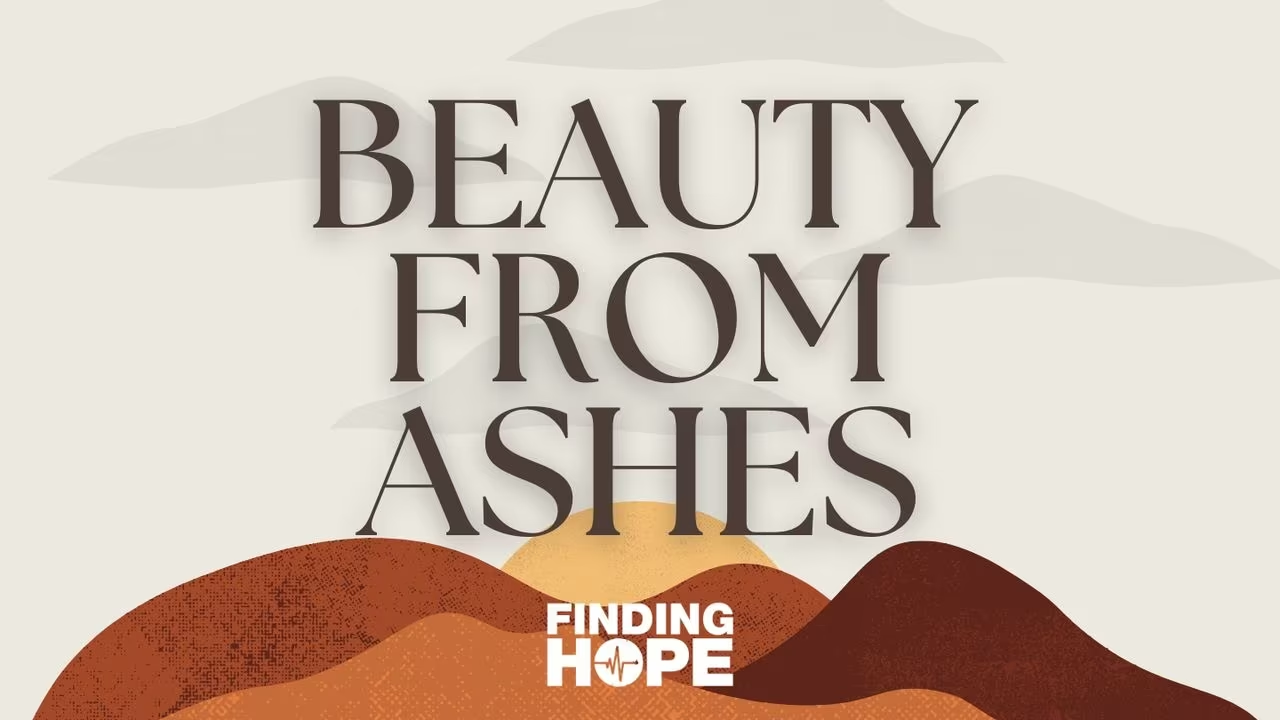
Beauty From Ashes: Finding Hope in the Midst of Devastation
Sometimes life hurts. Sometimes life is hard. Sometimes life can be dark. And it leaves its mark —like ashes of grief —in the deepest parts of our souls, where no one but God can really see. In this plan, Darcie Stephens, Finding Hope Coordinator for Hope is Alive Ministries, shares some of her own story of loving those in the midst of substance abuse and how God brought her HOPE.
Start the plan here: Beauty From Ashes: Finding Hope in the Midst of Devastation
Equipping Yourself for Recovery
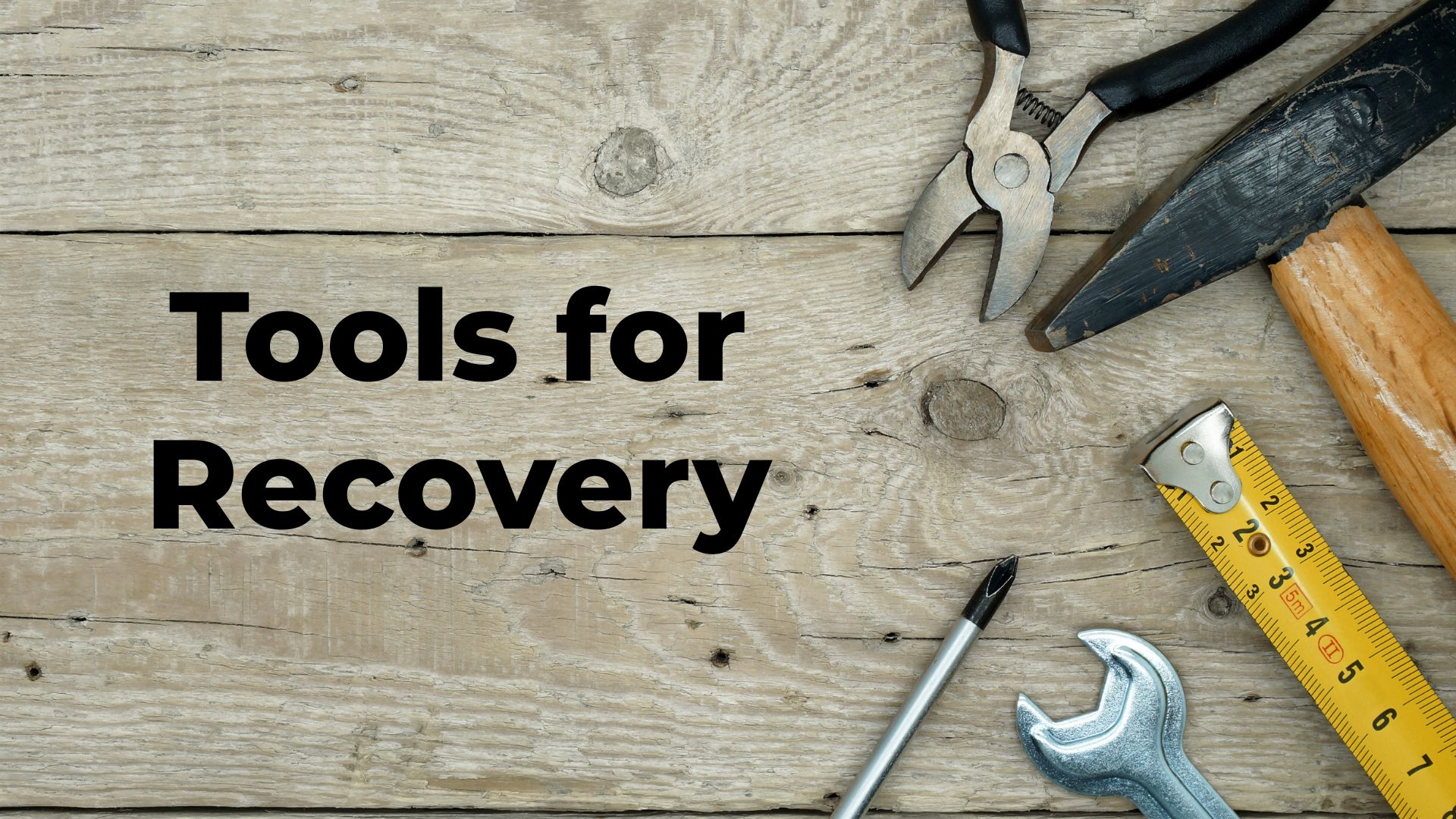
Equipping Yourself for Recovery
If you wanted to repaint your bedroom, would you use a hammer? Or if you needed to rake your leaves, would you grab a shovel? Probably not — because those tools aren’t intended for those jobs. Using the wrong tools would make the task more difficult or even impossible. Having the proper tools — and sometimes a few backup tools — is essential for any home project.
Many times, when we love someone who struggles with addiction, we begin trying to “fix” things without the proper tools. We do the best we can with what we know, and often with what we don’t know. Take a moment to think about the things you’ve tried or are currently doing to help your loved one get sober. How is it going?
As loved ones in recovery, we need a full toolbelt — one equipped with many tools — to help us navigate the ups and downs of loving someone with an addiction.
If your toolbelt feels empty, I have great news. At Finding Hope, we offer resources that can help guide and support you on this journey. We are a support group for wives of alcoholics, a support group for wives of drug addicts, a support group for moms of alcoholics, a support group for moms of drug addicts, a support group for families of drug addicts, a support group for families of alcoholics, and so much more. We truly have seen it all.
Here are a few tools you may want to include in your recovery toolbelt:
- Commit to attending a Finding Hope meeting
- Listen to the Finding Hope Podcast
- Seek professional counseling
- Read literature about boundaries, codependency, and healthy relationships
- Stay connected with others in your Finding Hope group — these members truly get it
- Read God’s Word daily
- Memorize Scripture
- Surrender to God through prayer
- Read a Finding Hope YouVersion Bible plan
- Be intentional about self-care
- Take time to journal regularly
- Attend a Finding Hope Retreat
This is just a short list of tools you may find helpful in your recovery. What other tools do you already have, or what might you need to add?
Just as it’s important to have the right tools for a home project, it’s essential that we have the right tools for our own recovery.
“Fear not, for I am with you; be not dismayed, for I am your God; I will strengthen you, I will help you, I will uphold you with my righteous right hand.” Isaiah 41:10
For more information, visit:
13 Years of Hope and Healing at Hope is Alive

13 Years of Hope and Healing: Hope is Alive Celebrates Its 13th Year of Life Transformation
Hope is Alive has officially been serving the addiction community for 13 years! How has it already been that long since 2013 — but also, how has it only been 13 years?! A special thanks to all the donors, volunteers, supporters, church partners, residents, alumni, families, and friends that have supported and gotten us here! Thank you for helping us further our mission of drug and alcohol addiction treatment!
Since 2013, we’ve responded to 15K+ inquiries for help, helping countless men and women break free from the bonds of addiction. We’ve baptized 619 residents, reunited 2,460 children with sober parents, and graduated 304 residents from our program. All in all, we’ve achieved 3,412 years of continuous sobriety!
And the best is yet to come! Join us as we continue to make history in the realm of addiction recovery!
Helping a Loved One Trapped in Addiction

Helping a Loved One Trapped in Addiction
“I am helping my loved one by not helping them.” I want you to stop and think about this sentence and what it means.
What does it mean to help them by not helping them?
Many times, when we think we are helping our loved one, we are really enabling them. We enable them when we do things for them that they should be able to do on their own if they were not using drugs or alcohol. We also enable when we don’t allow them to feel the consequences of their behaviors. By enabling, we are their cushion. We are making it easier for them to stay in their addiction and not feel the destruction of their addiction.
So, how can we really help our loved ones?
- We can help them by saying “No.”
- We can help them by setting firm and intact boundaries.
- We can help them by detaching from the chaos of their addiction.
- We can help them by believing their mess is not our mess to clean up.
- We can help them by giving them fully to God.
- We can help them by trusting and having faith in God.
- We can help them by being their biggest prayer warriors.
- We can help them by investing in ourselves.
- We can help them by attending Finding Hope meetings.
- We can help them by reaching out to other Finding Hope members.
Before you help your loved one again, ask yourself: Should they be able to do this on their own if they weren’t using drugs or alcohol? Am I picking up the pieces for them? Am I covering up their behavior? If the answer is yes, then you need to stop, pray for them, and repeat this sentence: “I am helping my loved one by not helping them.”
"God is our refuge and strength, a very present help in trouble." Psalm 46:1
For more information, visit:


